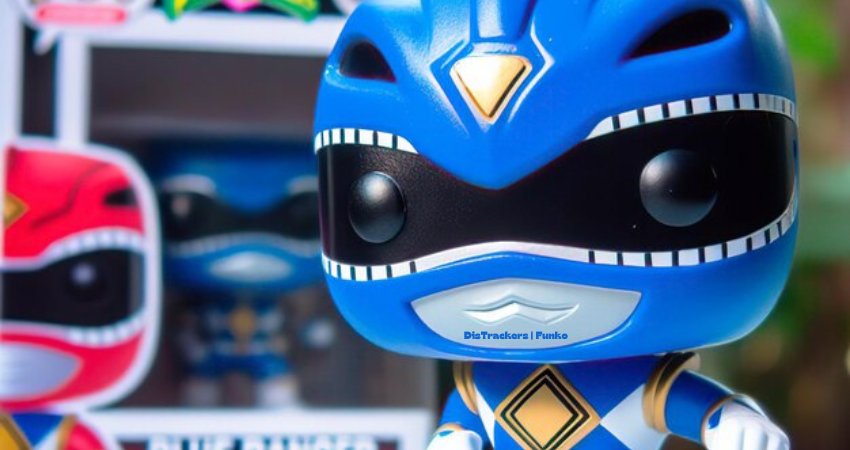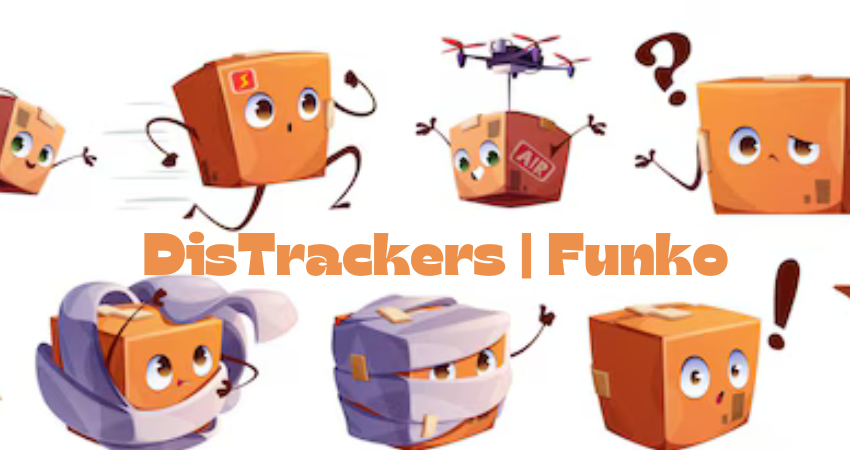where every moment carries a gentle hum of notifications, sounds of likes, and flashes of incoming messages, we live in an era dominated by distrackers.” But what are these elusive entities that seem to control us? They are our daily distractions—tiny flickers in our day-to-day that silently yet forcefully tug at our minds, leading us away from the world around us. Distrackers have woven themselves so deeply into our lives that breaking free feels like a myth. Let’s journey through the web of distracters, unraveling their layers, impact, and how we might reclaim our lives from their grasp.
What Are Distrackers?
Distrackers are the subtle, often irresistible lures in our environment—usually digital—that snatch our attention. They’re the endless scroll of social media, the flashing notifications, the messages vying for response. These small distractions pile up, making it challenging to remain in the present moment. In essence, they’re the barriers between our intentions and actions.
The Rise of Distrackers in the Digital Age
With each technological advance, we’ve welcomed new distracters into our lives. The promise was always a better, more connected life, yet somewhere along the way, we became disconnected from ourselves. Distrackers rose from innocent novelties to compulsive habits, shaping our every minute.
Why We’re Drawn to Distrackers
Why do we reach for our phones, scroll through endless feeds, or binge-watch without rest? Distrackers hold an alluring power, offering a quick escape, a spark of pleasure, and a promise of momentary relief from our daily worries.

Types of Distrackers We Encounter Daily
Social Media and Endless Scroll
Perhaps the most distrackers of all, social media platforms use algorithms to feed our need for stimulation. We scroll, laugh, feel inspired, yet lose hours in a trance.
Streaming Platforms and the Binge-Watch Trap
Series after series, we find ourselves lost in worlds that aren’t our own. A single episode morphs into an entire season before we even realize it.
Notifications: The Subtle Distractors
That soft ping or flashing light—each notification captures our attention and subtly pulls us away from what’s right in front of us.
Emails, Messages, and Constant Alerts
Our inboxes overflow, our messages pile up, and we feel obligated to respond quickly, tying our minds to a perpetual state of alert.
The Psychological Impact of Distrackers
Disrupted Focus and Productivity
The quiet concentration that once helped us flourish is now disrupted. Distrackers fragment our focus, leaving us less productive and often unfulfilled.
Mental Exhaustion and Burnout
Constantly navigating between distracters can be mentally exhausting. They deplete our energy, draining the joy and satisfaction from our efforts.
How Distrackers Affect Relationships
Disconnect in Personal Interactions
Distrackers often drive a wedge between people. It’s difficult to truly connect when one person’s mind is entangled in notifications and digital distractions.
Virtual Overload: Trading Real Moments for Digital Ones
In pursuit of virtual connections, we’re losing the art of genuine conversation, eye contact, and shared laughter—the things that nourish our souls.
The Role of Algorithms in Shaping Distrackers
How Algorithms Capture Attention
Algorithms are tailored to capture our interest. Every scroll, every like—algorithms track it all to deliver content that will keep us hooked.
The Hidden Influence of Digital Marketing
From targeted ads to influencer promotions, digital marketing has mastered the art of distraction. It thrives on our weakness for distracters, perpetuating a cycle we often feel powerless to escape.
Why Overcoming Distrackers is Difficult
Instant Gratification vs. Long-Term Goals
Distrackers offer the reward of instant gratification, while long-term goals require patience. The tug of immediate pleasure makes it hard to resist.
The Pull of Dopamine
Each ping releases a burst of dopamine, the “feel-good” chemical. This natural reward system is hardwired into us, making it challenging to break free.
The Cost of Distrackers on Our Well-being
Mental Health Consequences
Constant engagement with distracters can lead to anxiety, stress, and even depression. Our minds are not meant to be on call, always engaged, always alert.
Physical Health Effects
From strained eyes to hunched backs, distracters also take a toll on our bodies. Health deteriorates when our bodies pay the price for endless hours lost to screens.
Recognizing Distrackers in Our Lives
The first step to overcoming distracters is recognizing them. This requires the art of self-awareness—pausing and noticing when our attention slips from the present moment.
Practical Tips for Breaking Free from Distrackers
Setting Boundaries with Technology
Boundaries create freedom. Setting screen limits, turning off non-essential notifications, and practicing “digital detoxes” can help reclaim focus.
Mindfulness and Staying Present
Mindfulness is a powerful counter to distracters. By grounding ourselves in the present, we can find peace and joy beyond our screens.
Curating Your Digital Environment
Choose your digital experiences intentionally. Unsubscribe from accounts that do not serve you and limit the noise that fills your feeds.
How to Rekindle Focus and Inner Peace
Reconnecting with nature, meditating, or simply spending time without a screen can help us rediscover the quiet joy of life. As we learn to detach from distracters, we find a steady peace within.
The Joy of Mindful Living Beyond Distrackers
Life beyond distracters is filled with clarity, purpose, and connection. It’s the taste of a slow morning coffee, the joy of deep conversation, and the feeling of time unfolding naturally.

Conclusion: A Return to True Presence
Distrackers may be woven into our daily lives, but we hold the power to untangle ourselves. By choosing presence over distraction, we can reclaim the beauty of each moment, one breath at a time.
FAQs on Distrackers
What are distracters, and why are they so powerful?
Distrackers are subtle distractions in our daily lives, often digital, that lure us away from focus. They’re powerful because they offer instant gratification and trigger our brain’s reward system.
How do distracters affect mental health?
Distrackers contribute to stress, anxiety, and burnout, as they constantly demand attention, leaving little space for true rest.
Why is it so hard to break free from distracters?
Distrackers tap into our need for quick rewards and release dopamine, creating a cycle that’s challenging to resist.
What are some practical ways to minimize distracters?
Setting digital boundaries, practicing mindfulness, and curating your online environment can help minimize the impact of distracters.
How can I reconnect with the present moment?
Practicing mindfulness, enjoying offline activities, and creating moments of quiet can help you reconnect with the present.

